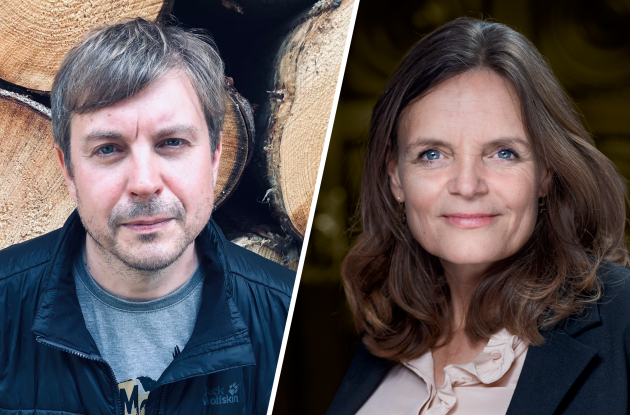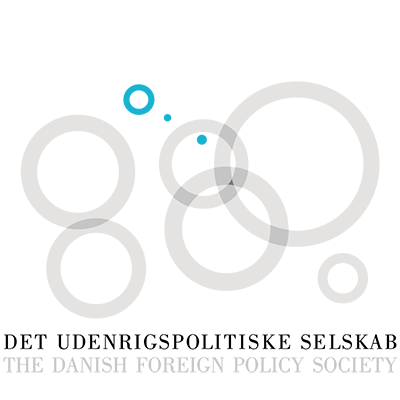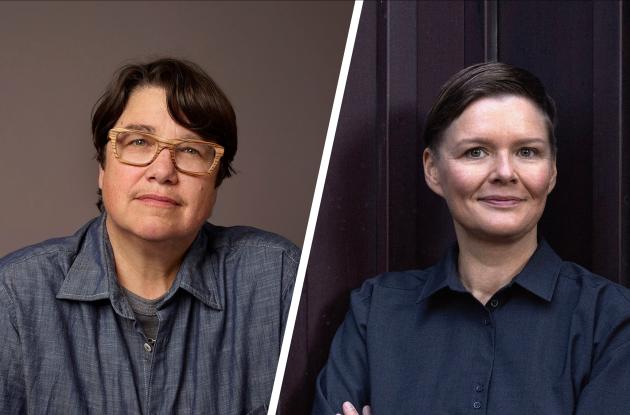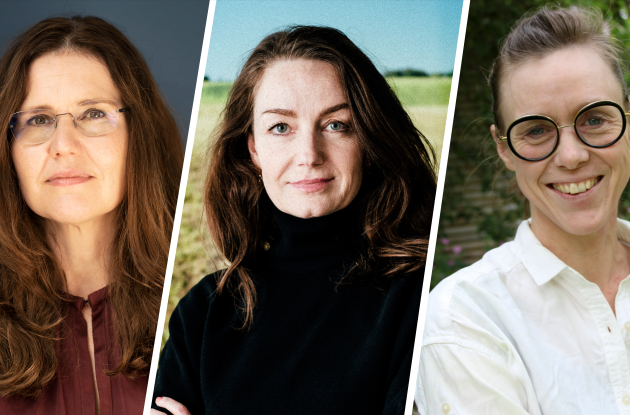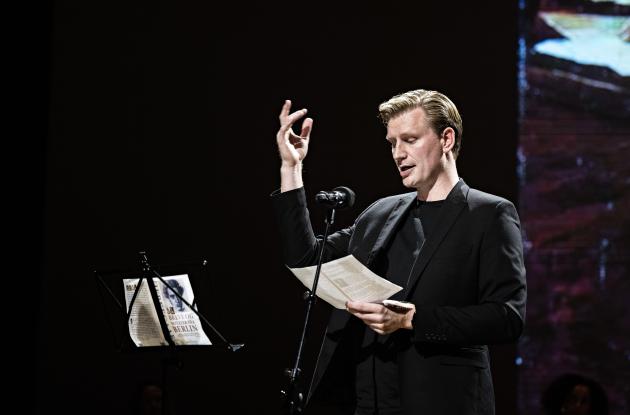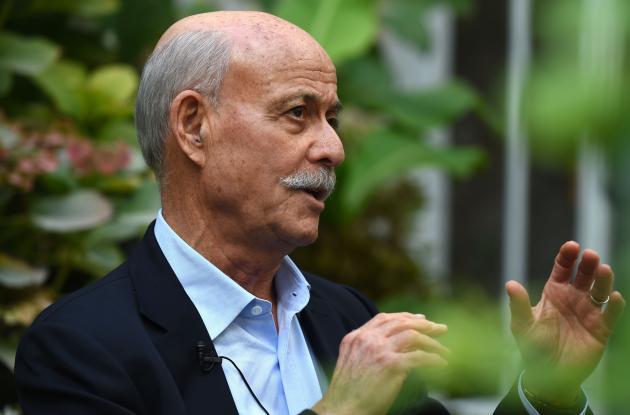Sergei Lebedev (RU) in conversation with Charlotte Flindt Pedersen
The Russian writer Sergei Lebedev talks about the Russia described in his writing. This takes place in conversation with the director of the Danish Foreign Policy Society.
The best of Russia's younger generation of writers
Sergei Lebedev's books have been translated into 17 languages, and since 2010 he has published five novels on themes such as the Soviet hidden past, the impact of Stalin's repression, and the consequences of the past in modern Russian life. The New York Review of Books has called Lebedev the best of Russia's younger generation of writers.
Today, Lebedev lives and works in Berlin.
Novels examine Russia's history and human outlook
The conversation at the International Authors' Stage will centre on the history and human perspective behind Russia's war in Ukraine. How is this war against a neighbouring country even possible – politically and psychologically? Is it only "Putin's war", or are there deeper reasons hidden in the Russian regime for the war? For example, what is the role of Russia's imperialist history, the regime's relationship with Stalin and the Great Terror of the 1930s and the collapse of the Soviet regime?
Lebedev has developed these themes throughout his writing, which includes books such as Oblivion (2010), August People (2020) and Untraceable (2021).
Current with 'Untraceable'
In his latest book Untraceable, which has recently been published in Danish by the publisher Palomar, Lebedev describes how the chemist Kalitin, under the cover of the Soviet system, develops a perfect poison that can kill without being traced. Although neither Putin nor the Russian security services are mentioned by name, it is reasonable to see the story as a comment on the poison Novichok and the assassination of the agent Sergei Skripal and all the many of Putin's enemies who have been attempted to assassinate over the years.
Participants
Sergei Lebedev (b. 1981) is one of the few writers of his generation who deals with the legacy of the Soviet era, and he has been perceived as a dissident writer. He is a geologist and journalist and has worked on expeditions in Asia and northernmost Russia and as a journalist for independent Russian media. Lebedev lives and works in Berlin.
Charlotte Flindt Pedersen (b. 1965) is director of the Danish Foreign Policy Society. She has an MA in Eastern European studies and social studies with a specialisation in minority studies from the University of Copenhagen. She has a long career behind her at the Institute for Human Rights, where she has, among other things, been international manager.
